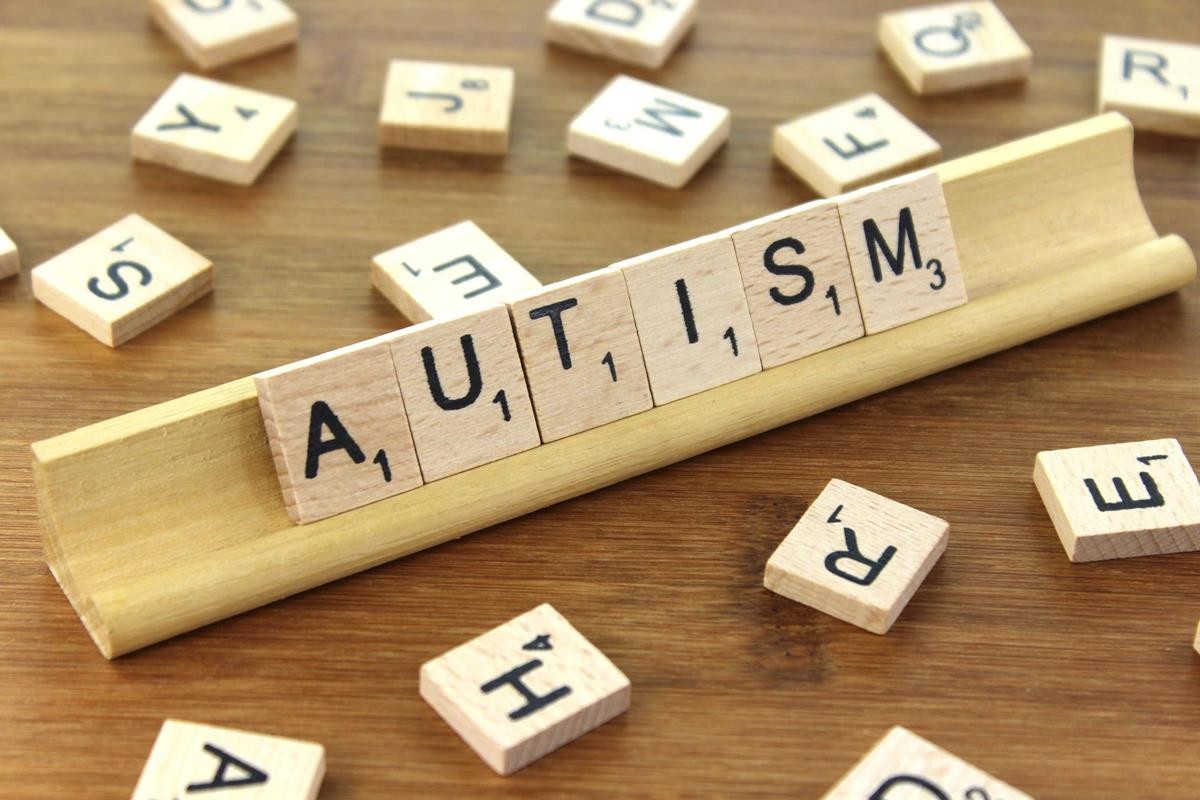Call for autistic girls to be supported in post-covid return to school
To mark UN Autism Awareness Day on Friday April 2, researchers are calling for the needs of autistic girls to be better supported during the transition back to secondary school after the coronavirus lockdown.
Until recently, autism was thought to affect many more boys than girls – however, this gap has begun to close in recent years, and the ratio is now thought to be one girl for every three boys. Recent figures indicate that 21% of autistic pupils in English schools are girls.
Although the needs of autistic girls and boys are similar, there are also some important differences. When compared to autistic boys, girls tend to be more anxious, be more motivated to make friends, and mask their difficulties by demonstrating better social communication and interaction skills.
This makes it less likely that school staff will be able to identify their need for support - staff are more likely to perceive autistic girls to be coping, when in fact they may be showing high levels of anxiety at home or struggling to come into school.
Following the Covid-19 lockdown, the return to school is likely to be difficult for many autistic young people given their difficulties coping with change. Caroline Bond from The University of Manchester – alongside Judith Hebron from the University of Leeds and educational psychologists Carla Tomlinson and Siobhan O’Hagan – have explored some of the supportive approaches of some schools, and targeted strategies which help girls who struggle with attendance.
A group of autistic girls attending a high school in the North West of England reported that they are involved in developing individual strategies - for instance, how and when to access a quiet area - while staff and peers understanding their needs was a foundation for the creation of positive relationships.
The girls also reported benefitting from a student-led autistic girls group and school-based mental health support, both of which facilitated self-awareness and autonomy. As one girl put it, ‘whenever I feel anxious, the staff know how to help me’.
The researchers also interviewed autistic girls who had successfully returned to school after a period of non-attendance due to high levels of anxiety, as well as a parent and a member of school staff who had worked with each girl. Again, flexible person-centered planning - informed by their own views and preferences - and an inclusive school ethos were identified as important.
Access to a trusted member of staff who supported their return to school by acting as a link between home and school, facilitated reconnection with friends and enabled access to mental health support was also highlighted as being crucial to their re-engagement with school.
Our studies highlight the importance of school staff listening to the views of autistic girls and working collaboratively to meet their individual needs, during what is potentially an uncertain time for many young people.



